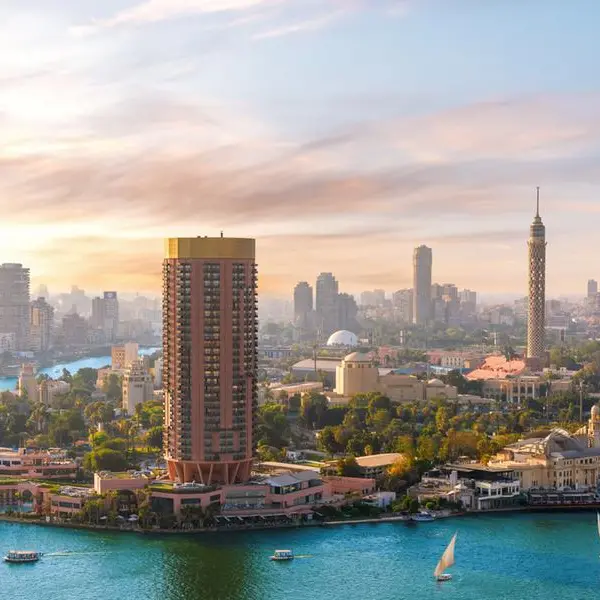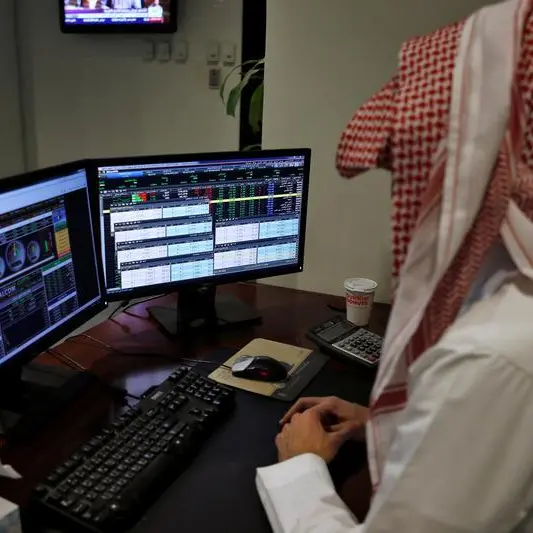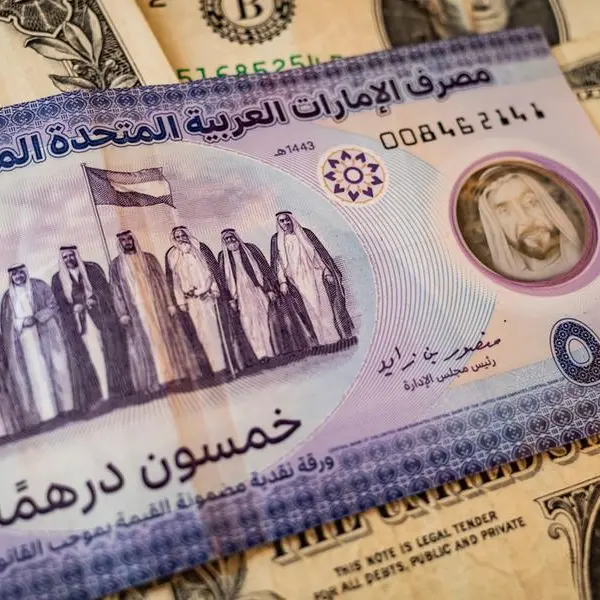PHOTO
The eight largest Middle Eastern Sovereign Wealth Funds (SWFs) have more than $3 trillion in combined total assets as high oil prices are providing fresh capital to the funds to increase their allocations to alternative investments, says a report.
Preqin, the global leader in alternative assets data, tools, and insights, has published a new report, 'Fundraising from the Middle East: A guide to raising capital' to help international managers source new capital from investors in a specific region.
The report finds that the current high oil prices are providing fresh capital to the funds to increase their allocations to alternatives as most of their funding relies on state-owned oil and gas industry revenues. This in turn drives new opportunities for managers to help SWFs diversify away from a reliance on commodities.
The Abu Dhabi Investment Authority (Adia) recently increased its target allocation bands for private equity from 2-8 per cent to 5-10 per cent, and for infrastructure from 1-5 per cent to 2-7 per cent.
"While these bandings are wide, Adia’s direction of movement is a good signal as to wider ambitions for its portfolio. Understanding its current exposure to these asset classes can also help shape proposals for attracting potential commitments. For example, up until 2012, Adia’s deal exposure was predominantly toward buyout, while 2013 saw its focus shift more toward venture capital," according to the report.
Alex Murray, vice-president for Research Insights at Preqin, said the Middle East provides a promising opportunity for international managers to find new sources of capital.
"The investors base is diverse and deep, so intelligence on the potential market is crucial to focus fundraising efforts to ensure success. With oil prices at highs not seen since before 2014, the region’s economic outlook is improving, but the desire to move away from reliance on oil revenues provide opportunity for private capital models to see capital invested outside the region," he said.
When it comes to which emerging markets present the best opportunities in the next 12 months, family offices in the Middle East show much stronger confidence in China, with 63 per cent citing this market as presenting amongst the best opportunities, against only 30 per cent of the broader investor base in the region.
"Family offices also had a lower preference for the Middle East as a market for deployment, which may signal a stronger desire to see capital invested outside of the region," the report said.
• Private equity allocations increased from 2-8% to 5-10% by Adia
• High oil prices are providing fresh capital to increase allocations to alternatives
• 63% of Middle East family offices cite China as the market presenting amongst the best opportunities in the next 12 months
Copyright © 2022 Khaleej Times. All Rights Reserved. Provided by SyndiGate Media Inc. (Syndigate.info).





















